

Garry J. Shaw has a doctorate in Egyptology from the University of Liverpool and has taught at the American University in Cairo. He is managing editor and staff writer for the magazine Al-Rawi: Egypts Heritage Review and teaches at the Egypt Exploration Society, London. His previous books include Royal Authority in Egypts Eighteenth Dynasty and The Pharaoh: Life at Court and on Campaign.
Other titles of interest published by
Thames & Hudson include:
An Illustrated Dictionary of the
Gods and Symbols of Ancient Egypt
The Complete Gods and Goddesses of Ancient Egypt
The Thames & Hudson Dictionary of Ancient Egypt
The Complete World of Greek Mythology
Books of the Dead:
Manuals for Living and Dying
Mythology:
The Complete Guide to Our Imagined Worlds
The Human Past:
World Prehistory and the Development of Human Societies
See our websites
www.thamesandhudson.com
www.thamesandhudsonusa.com
For Sean McKenna
Acknowledgments
Many thanks to Julie Patenaude for reading and commenting on the various drafts of this book. For their support, I am also grateful to Andrew Bednarski (Best Man!), Maggie Bryson, Henning Franzmeier, Campbell Price, the Egypt Exploration Society, the American Research Center in Egypt and the fabulous editorial team at Thames & Hudson. A special thanks also goes to my students at the Egypt Exploration Society, who witnessed the live performance of this book in my course, Gods, Goddesses and Ghosts of the Necropolis: Mythology and Religion in Ancient Egypt. Their valuable comments led to many improvements throughout my developing manuscript.
CONTENTS
What came before me? What is happening around me? What happens after I die? Like us today, the Egyptians sought answers to these fundamental questions and, like us, they formed theories based on observing the world around them. What we now call ancient Egyptian myths was the result of these investigations; from them, a unique worldview was forged.
Mythology, more than collecting simple accounts of heroes and gods, provides a way to understand the world. There is a great ball of light in the sky; each morning it rises, spends the day crossing the sky and then it sinks in the west. What is that? And where does it go? You might ask, how does it move? Whether in the sun you see the god Re sailing across the sky aboard his day barque, or a mass of nuclear reactions pulling us around its sphere, you are observing the same phenomena. The Egyptians, trying to enhance their knowledge of the universe without recourse to particle physics, simply came to different conclusions. Their explanations fuelled their distinctive outlook and shaped their experience; myth became the backbone of society, a culture-wide filter for an impassive reality. Once immersed in the internal logic of its ideology, life made more sense; order took the place of disorder; control replaced helplessness; knowledge overcame ignorance. The world, with its violent desert storms and deadly scorpions, became a little less frightening.
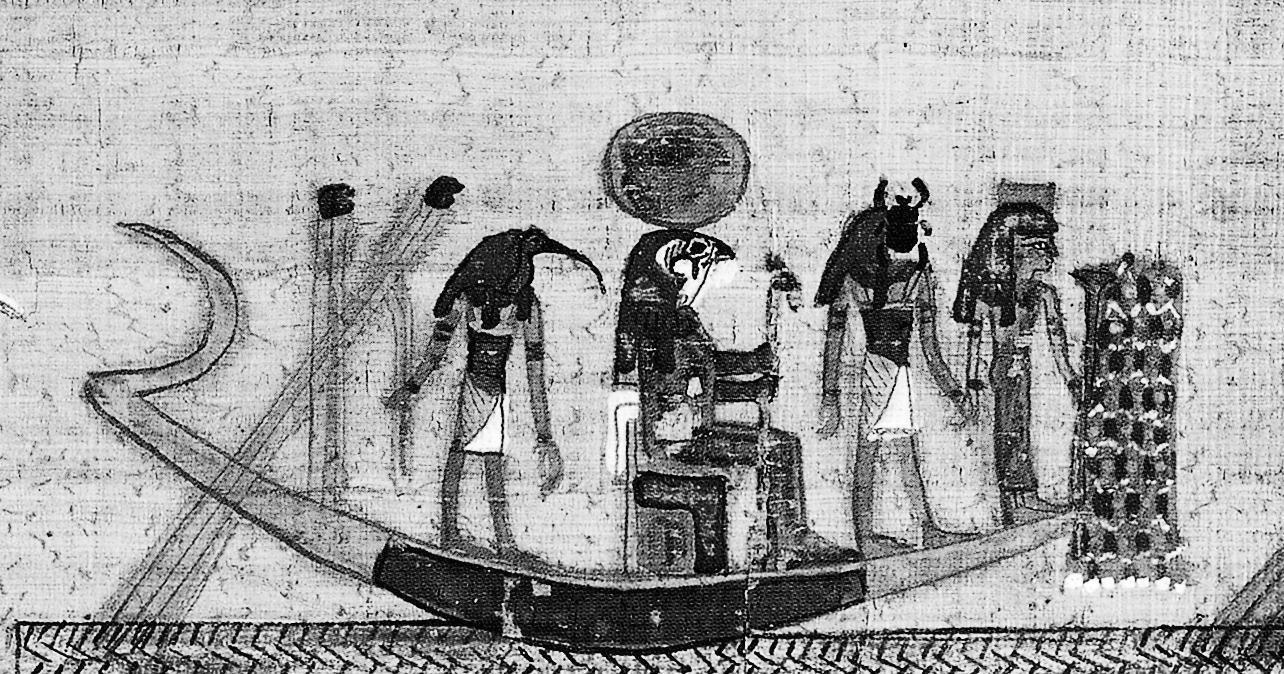
The hawk-headed Re sails aboard his solar barque.
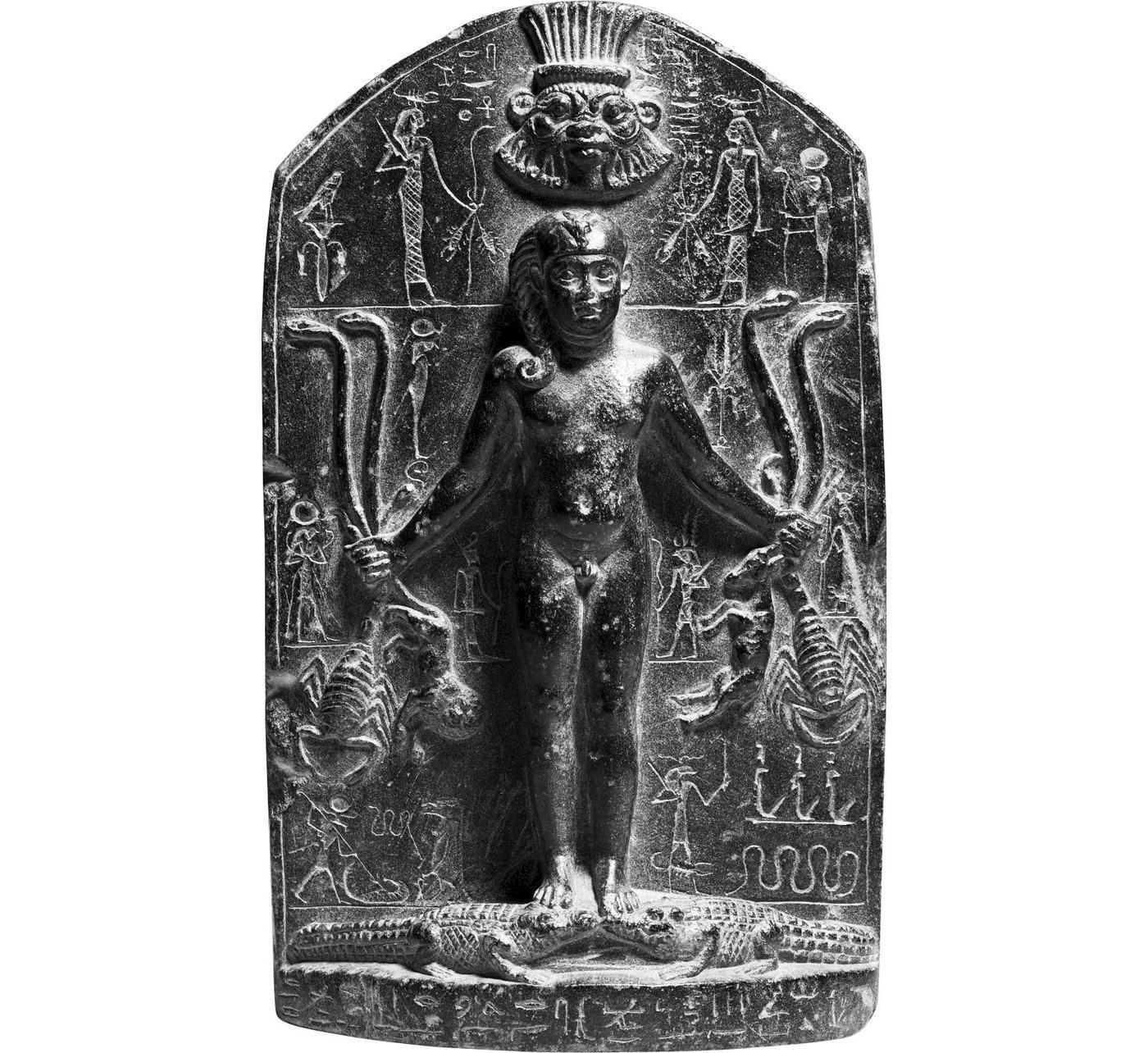
Horus the Child, son of Osiris and Isis.
The mythic narrative of ancient Egypt was ever-present in peoples lives it played out over the course of each day as an endless repetition of creations, destructions and rebirths, entangled in a net of divine interactions. There was no need to set these events as an immutable narrative. Each person lived as the hero of their own mythic narrative each day. Gods, as personalized forces, were present in every facet of the created world and mythic precedents could be cited as explanations for both extraordinary and mundane events, linking the individual to the world of the gods. Moreover, by invoking mythic events, the Egyptians assimilated themselves with their deities. A person with a headache became Horus the Child, cared for by his mother, who herself became Isis; in death, the deceased transformed into various gods whilst traversing the afterlife realm, assuming each deitys divine authority for a time. Egypts myths were elastic enough to be shaped into everyones lives, as each individual sought to explain the natural world and the challenges and joys of existence. Myths, and the acts of the gods detailed therein, answered the question, why did this happen to me? There is comfort in precedent.
 RECONSTRUCTING EGYPTIAN MYTHOLOGY
RECONSTRUCTING EGYPTIAN MYTHOLOGY 
Today, Egyptologists are faced with scattered and fragmentary references to Egypts myths, assembled from the content of disparate sources dating from 3050 BC through to the first centuries AD . As can be seen, the time span covered by ancient Egypt is extremely long, over 3,000 years depending on where the lines are drawn. Owing to the difficulty of assigning specific dates to events, Egyptologists tend not to cite dates BC , and instead refer to the reign of the king, his dynasty or the general period in which he ruled. In the 3rd century bc, the Egyptian priest Manetho divided Egypts kings into 30 dynasties (later writers added a 31st). Though each dynasty implies a distinct ruling line an individual bloodline this is not always the case, as Manetho also used significant events, such as the construction of the first pyramid or a change of royal residence, to draw the line between phases. Modern Egyptologists took Manethos dynasties and grouped them into longer phases, divided between periods when there was a single king ruling over the entire country (Early Dynastic Period, Old Kingdom, Middle Kingdom, New Kingdom, Late Period) and when the kingship was divided (First Intermediate Period, Second Intermediate Period, Third Intermediate Period). These major phases of the Pharaonic Period were followed by the Ptolemaic Period, when kings of Macedonian-Greek origin ruled, and afterwards the Roman Period. In this book, I have followed these Egyptological dating conventions.
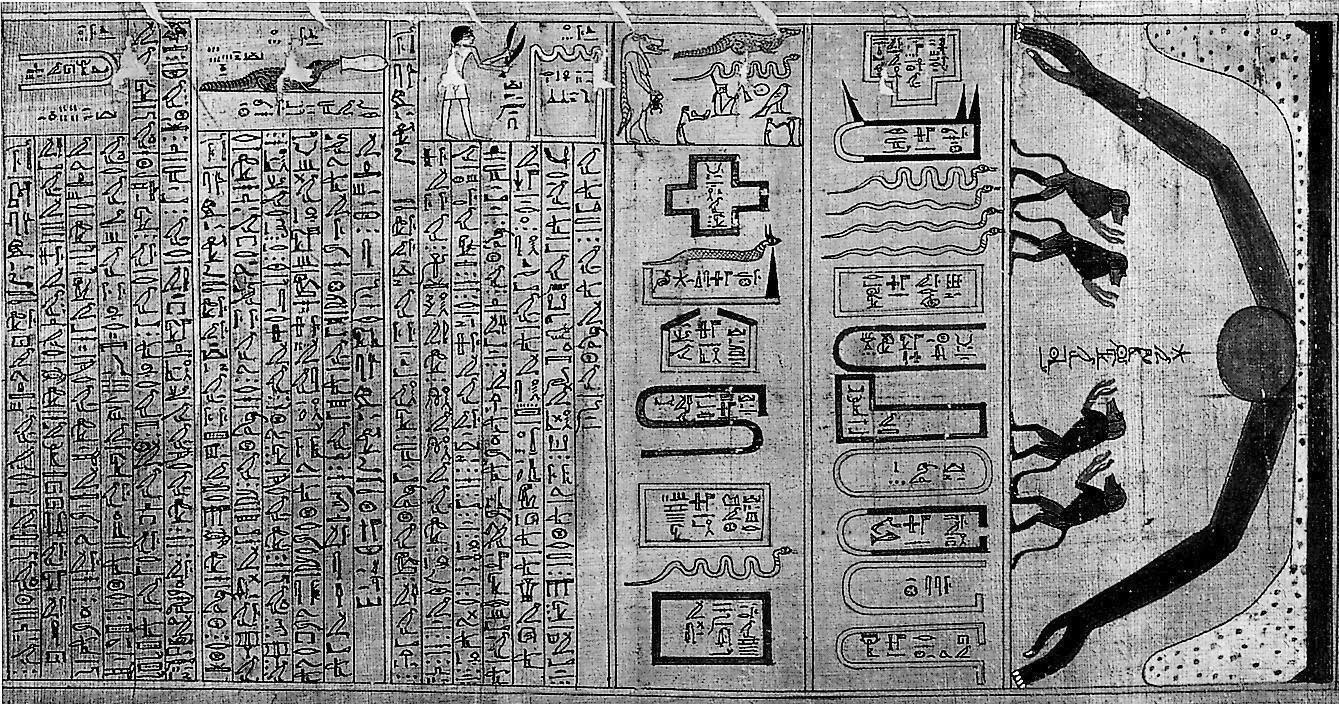
The mounds of the Duat the afterlife realm.
| Egyptian Chronology |
| Pharaonic Period | Early Dynastic Period | c. 30502660 BC | Dynasties 12 |
| Old Kingdom | c. 26602190 BC | Dynasties 36 |
| First Intermediate Period | c. 21902066 BC | Dynasties 711 |
| Middle Kingdom | c. 20661780 BC | Dynasties 1112 |
| Second Intermediate Period | c. 17801549 BC | Dynasties 1317 |
| New Kingdom | c. 15491069 BC | Dynasties 1820 |
| Third Intermediate Period | c. 1069664 BC | Dynasties 2125 |
| Late Period | 664332 BC | Dynasties 2631 |
| Ptolemaic Period | 33230 BC |
| Roman Period | |
Next page
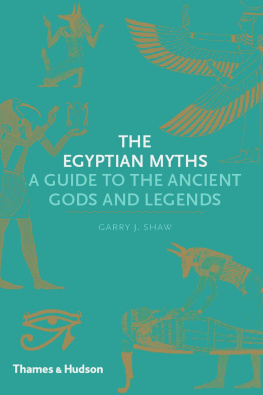
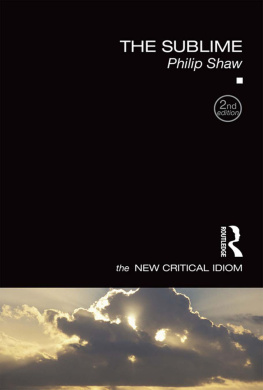
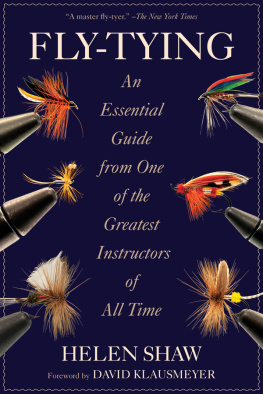
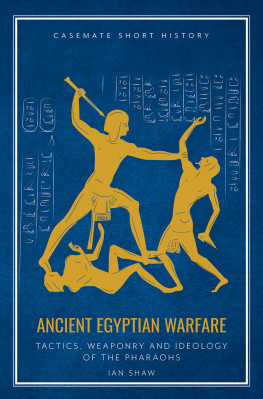

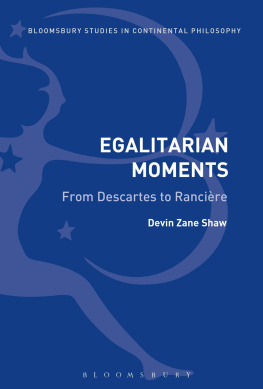
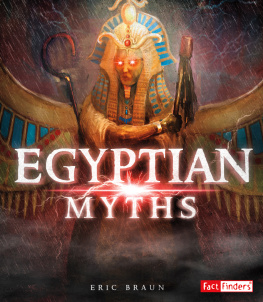

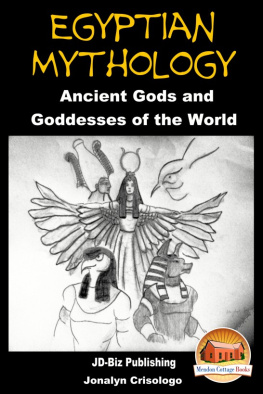
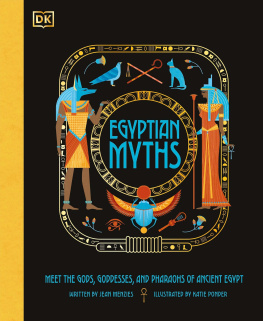
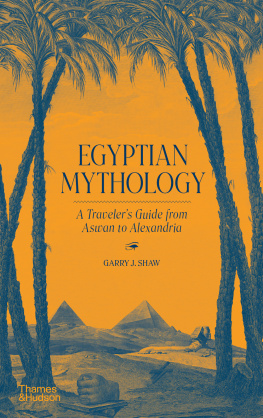
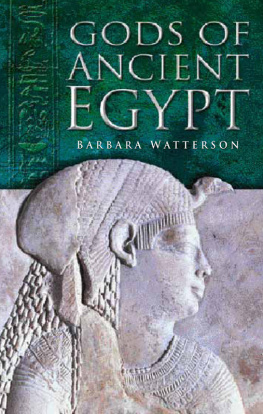
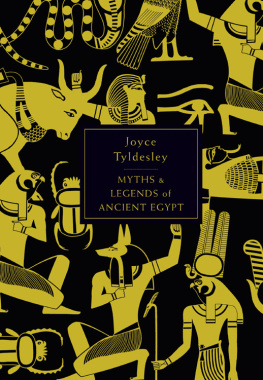
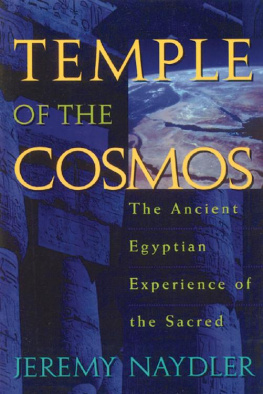
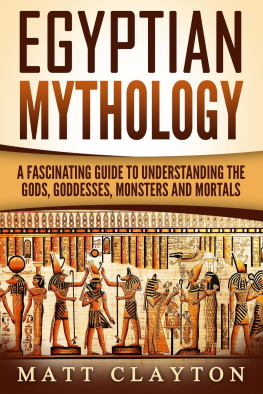




 RECONSTRUCTING EGYPTIAN MYTHOLOGY
RECONSTRUCTING EGYPTIAN MYTHOLOGY 
